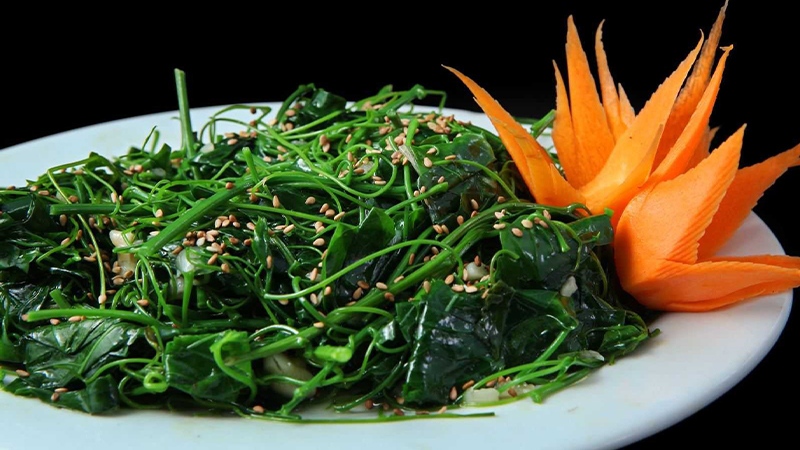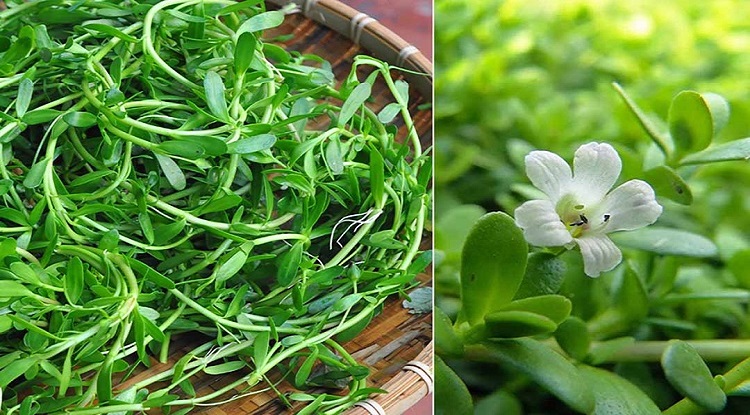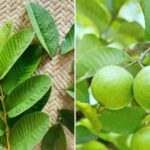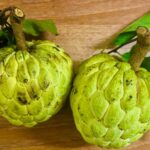Centella Asiatica
For those who grew up in Vietnamese rural areas, this plant is undoubtedly familiar. Centella Asiatica, also known as Gotu Kola, is a wild plant often found in backyards and along fences. In traditional medicine, this herb is highly valued for its medicinal properties and numerous health benefits, including its potent anti-inflammatory effects.
Centella Asiatica has a slightly bitter taste, and consuming it regularly can help with dissolving stones, cooling the body, expelling phlegm, and promoting diuresis. In some parts of Vietnam, people eat this plant daily, unaware of its true potential.

Centella Asiatica: A Health-Boosting Herb
Water Spinach
Water spinach, or morning glory, is composed of 92% water and 8% essential vitamins and minerals, including beta-carotene (provitamin A), iron, potassium, magnesium, and vitamin C. It has anti-inflammatory and analgesic properties due to the presence of prostaglandin, making it useful for treating fever, cough, headache, cold, and arthritis. In fact, its fever-reducing capabilities are comparable to those of aspirin.
Additionally, water spinach is an antioxidant, slowing down the aging process of cells effectively due to the presence of beta-carotene. It also has antibacterial properties, fighting off various disease-causing bacteria, and boosts the immune system.

Water Spinach: Nature’s Healthy Green
Vietnamese Mint
Vietnamese mint, or Vietnamese coriander, is a wild plant that grows abundantly in gardens, along roadsides, in rice fields, and even in the driest of places. It has a distinctive, refreshing, slightly sour taste. Although referred to as a herb, it is often considered a weed in Vietnam and only sparingly used as a culinary ingredient.
However, this humble plant offers a plethora of health benefits, including a boost to the digestive system, and helps prevent various dangerous diseases.





































